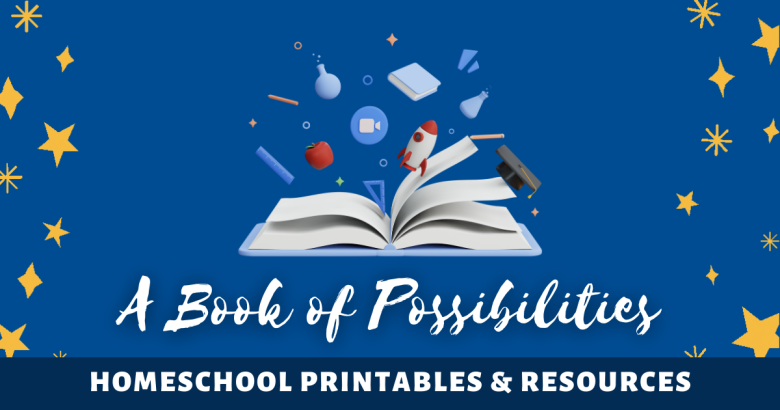by Chris Czajkowski
We are a homeschooling family that doesn’t use any curriculum for our learning. We like to learn through interests, exploration, real life experience, and reading.
Reading aloud to children is a great passion of mine because I know of its many lifelong benefits—vocabulary development, phonemic awareness, letter recognition, imagination and creativity, social/emotional development, cognitive development, academic success, global awareness, and the list goes on.
However, in addition to all those great learning benefits, it is a bonding time that I have loved experiencing with my children since they were babies. We have gone on adventures, learned about new places and people, laughed, and cried.
Now that they are older, 9 and 11, we still choose to read together even though they have been able to independently read for years. The benefit of bonding still continues, but it also allows me to read to them at a level higher than their reading level and expose them to vocabulary that they may have difficulty with in their independent reading. We continue to go on adventures together through the pages of the book, discuss, and ask questions.
One day, those questions made me realize that we could branch off into many other areas of learning just from one book. So that day, we located on the globe where the story took place (geography), discussed and researched the time period the book was set in (history), and researched the religion that was mentioned (philosophy/religion).
Since that first aha moment, we have done this with every book that we read. One book can be the jumping off point to learn, discuss, debate, and grow! It can save you tons of time planning many different areas of learning. The material is connected and of interest, and children are much more engaged and invested.
Below I list a few examples of how one book can lead to many areas of learning. I hope it will lead you and your children to your own adventures and ease of learning!
The Inquisitor’s Tale
Takes place in 13th century France during the Catholic inquisition. It tells the story of 3 children with magical powers. It speaks of historical building such as the Basilica of Saint-Denis.
Points of learning/discussion: France (geography), medieval times (history), Catholicism (religious studies), religious terminology, architecture, points of views, narration, etc.
Kid Artists: True Tales of Childhood from Creative Legends
It tells the stories of the childhood of various artists such as Vincent Van Gogh, Andy Warhol, Charles Schulz, Georgia O’Keefe and many more.
Points of learning/discussion: where the person lived (geography), style of art the artist specialized in (art), time period they lived in and what it was like (history), challenges they faced (human and civil rights).
The Extraordinary Life of Anne Frank
Discusses Anne Frank’s life in child-friendly way.
Points of learning/discussion: Germany/Europe (geography), WWII (history), time period in which she lived and what it was like (history), race, culture, struggles/challenges, justice, etc. (sociology)
The Magic Treehouse Books
A brother and sister find a magical treehouse that transports them to different adventures around the world and throughout history.
Points of learning/discussion: historical events, geography, time periods, various cultures (sociology), animals (science), etc.
This is just a small sample to give you an idea or starting point, however this concept can be done with nearly every book.
Allow your children to do some of the researching, report back to you through oral or written form, draw the characters or a scene, dress up in clothes or make meals from the time period or culture, have a debate about certain points of view surrounding the book. The possibilities are endless.So, grab a book that interests you and your children, and save yourself from extensive planning and stress by capitalizing on the details of the story we tend to look over. Let their curiosity drive your discussion and have fun with it!
by Chris Czajkowski
Read More!
- Log in to post comments

